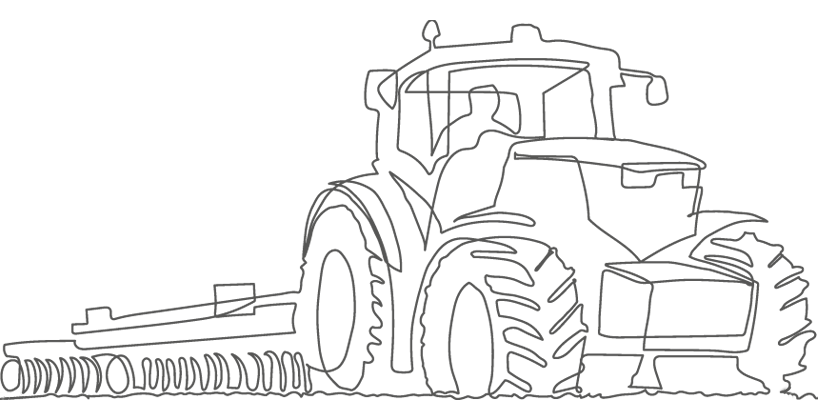A combination of climate change impacts all round the world in terms of drought, wildfires, storms, flood damage and rising seawater levels are diminishing the stock of land suitable for agriculture. Biodiversity is also in retreat as land is increasingly used in unsustainable ways – for example as part of a monoculture – or inefficiently to grow crops (animal or vegetable) that require high levels of water or other resources that are in short supply.
Uncertainty impacting resilience
The retail, wholesale, food and beverage sector is the most concerned by food insecurity risk and rightly so as it is their core product, with a median of 13% of businesses rating this their leading risk in this category. Given the uncertainty around the extent of the impact of increasing extreme weather on staple crops such as rice and wheat, they should also be concerned about their resilience to this risk. Currently, only 38% of businesses in this sector feel ‘very prepared’ to manage food insecurity risk.
Meanwhile, a French supermarket is believed to be the first company facing action for sourcing beef in a way that is deemed to be contributing to deforestation, causing a threat to biodiversity and contributing to climate change.10 We have already seen how a case against one oil major is encouraging copycat actions – similar developments here will intensify food insecurity risk.
Food insecurity will rise up the risk agenda
A combination of factors including policy changes and new legal precedents, together with growing awareness of how consumption of products that negatively impact the environment can ultimately lead to food insecurity will lead to the issue rising up the board agenda in the coming months.
